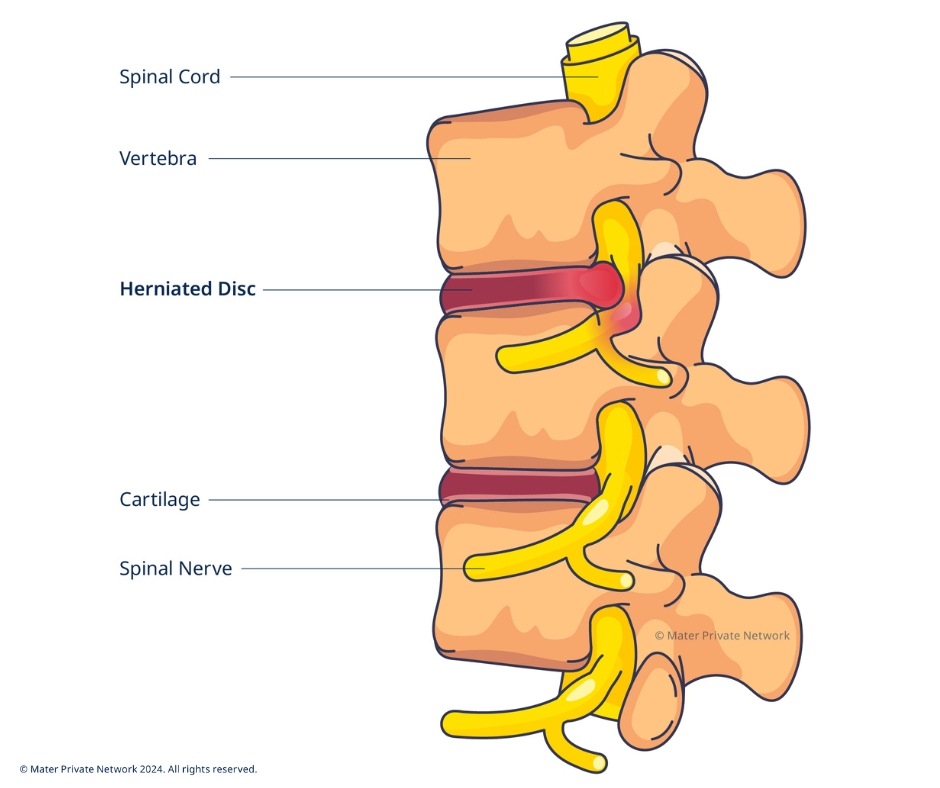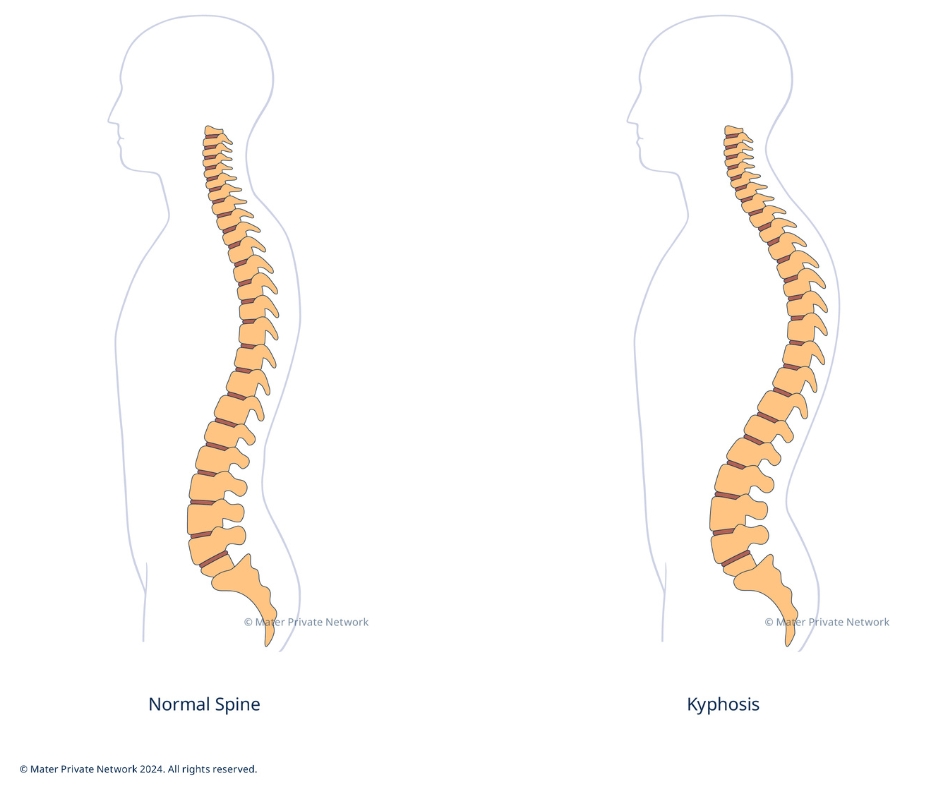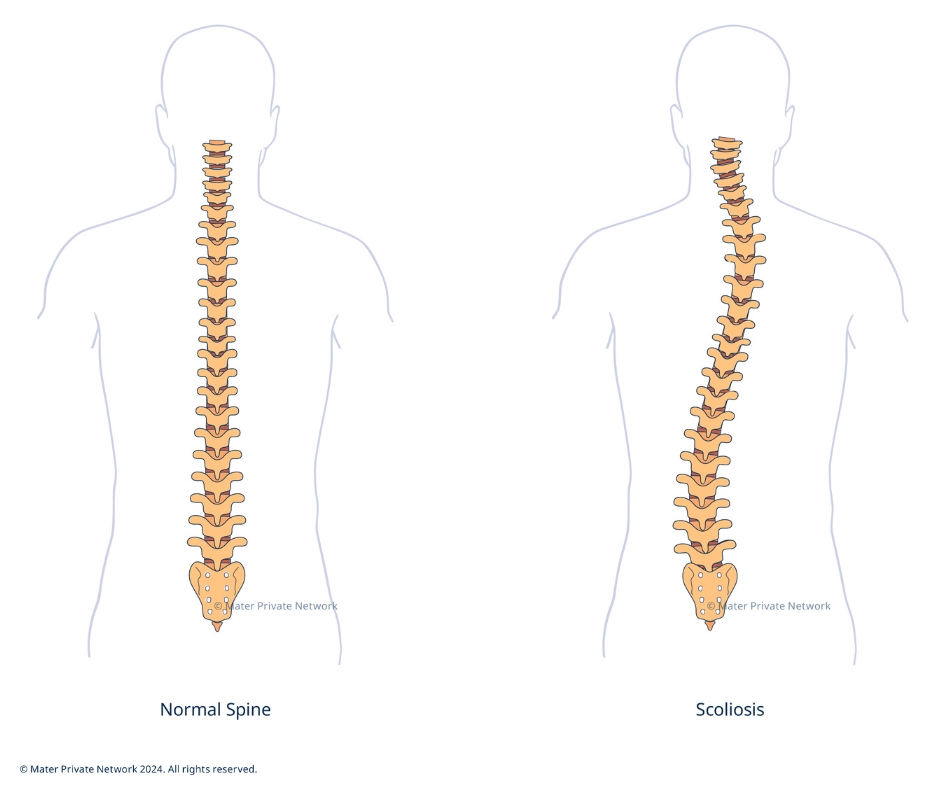What Causes Back Pain?
.jpg?sfvrsn=e42d01c1_1)
There are a number of reasons why you might have back pain. Many are due to muscular strain, caused either by sudden movement or prolonged, repeated activities, but some can be due to an accident, or an underlying medical condition. Some of the most common causes of back pain include:
- Muscle or ligament (tendon) strain: this is one of the most common causes of back pain. It often happens from poor posture especially if you are sitting all day, lifting heavy objects, performing sudden movements, or overusing your muscles. Muscle or tendon strains can cause pain and stiffness in the area of the strain.
- Herniated disc: your spine (backbone) is made up of bones (vertebrae) and discs which cushion the bones and enable you to bend and turn. A herniated disc happens when the inner jelly-like core of a spinal disc bulges out through the outer layer affecting nearby nerves. This causes back pain and sometimes also pain, numbness, or weakness that travels into your legs or arms, depending on the location of the herniation.

- Arthritis: osteoarthritis and other types of arthritis damage the cartilage between your joints, leading to pain, stiffness, and inflammation in the affected areas.
- Spinal stenosis: spinal stenosis is when your spinal canal (the tube-like structure that runs through the centre of your spine and which protects your spinal cord) narrows, squeezing your spinal cord and nerves. This can cause back pain as well as pain, numbness, or weakness in your legs.
- Structural abnormalities: certain structural abnormalities in the spine, such as scoliosis (abnormal sideways curvature of the spine) or kyphosis (excessive forward curvature of the upper back), can contribute to back pain.


- Injuries: fractures and sprains due to accidents, falls, or sports activities, can cause acute or chronic back pain.
- Infections and spinal tumours: can also cause back pain. It's important to see your doctor if you have severe or persistent back pain so that the underlying cause can be identified and an appropriate treatment plan put in place.
What can I do to relieve my back pain?
Most back pain improves over time, especially for people under 60, but there are things you can do to help your recovery such as:
- Staying active. Taking to your bed is not a good solution. Try walking or swimming.
- Taking anti-inflammatory painkillers like ibuprofen.
- Using an ice pack to reduce pain and inflammation. You can apply ice to the painful area for up to 20 minutes at a time. Make sure you protect your skin by wrapping the ice pack in a thin towel.
- Having a warm bath to help with relaxation. Back pain can cause tension which itself can worsen the pain or cause other problems.
- Using a heat pack on the sore area once swelling has gone down, to reduce stiffness and muscle spasms and increase blood flow which helps healing.
- Doing the right exercises and stretches for your back to increase your flexibility, strengthen your back and stomach muscles and improve your posture.
- Having a massage with a sports or other licensed massage therapist.
If your back pain is caused by a medical condition like a herniated disc or degenerative disc disease and other treatments have not helped, you may need to have surgery.
How can I avoid getting back pain?
While you can’t avoid all back pain, there are ways to avoid some of the soft tissue types of back pain.
- Do regular exercise to strengthen your core muscles with support your spine. Walking, swimming, and yoga can help improve flexibility, posture, and overall back health.
- Avoid sitting for long periods of time. Take breaks and use the time to stretch and move about.
- Lift correctly. Use your leg muscles, not your back muscles. Bend your knees, keep your back straight, and lift with your legs while holding the object close to your body. Avoid twisting your spine while lifting.
- Make sure your chair provides adequate lower back (lumbar) support, and that your workspace is properly set up with the right height for your desk, chair, and computer monitor to maintain good posture.
- Watch your weight. Excess weight increases the pressure on your spine, and the risk of back pain.
- Stress and tension can aggravate back pain. Practice relaxation techniques like meditation and deep breathing exercises.
- Take care if you are participating in activities that involve repetitive or high-impact motions, such as heavy lifting, jumping, or running on hard surfaces.
- Smoking affects blood flow and decreases the delivery of nutrients to the spinal discs, leading to increased back pain. Quitting smoking can reduce the risk of back problems.
If you already have back pain, it is advisable to see your GP or a physiotherapist for diagnosis and treatment options.










